
BCI hits 3-year high
On October 14, the European Chamber of Commerce in Vietnam (EuroCham) announced the Business Confidence Index (BCI) for the third quarter of 2025.
The report notes a clear sense of optimism among the European business community operating in Vietnam, with the BCI in the third quarter reaching 66.5 points, surpassing the level recorded before the imposition of reciprocal tariffs from the United States and reaching its highest point in the past three years. This is a testament to the resilience and adaptability of European businesses in the context of a volatile global economy .
“Maintaining confidence in an uncertain world is remarkable – especially when geopolitical tensions, technological transformation and climate challenges are reshaping global trade and investment strategies,” said EuroCham Chairman Bruno Jaspaert.
Notably, the BCI report for the third quarter not only reflects the macroeconomic picture but also records the structural shifts that are quietly reshaping the business environment in Vietnam, from visa and work permit policy reforms, green investment flows to efforts to digitize administrative procedures.
All these movements are clearly outlining the view of European investors on the future of Vietnam: an economy full of potential, but still needing to continue to remove institutional bottlenecks to maintain sustainable growth momentum and improve long-term competitiveness.
The global trade landscape is changing more dramatically than ever before, the report said. As the United States implements new tariffs and global supply chains continue to restructure, 31% of businesses surveyed said they are experiencing a negative impact on their financial results – a significant increase from 15% in Q2 2025.
The proportion of businesses reporting a net positive impact also increased similarly, from 5% to 9%, reflecting the new opportunities opening up for businesses that are agile enough to adapt amid the reshaping of global trade.
Despite the impact of these fluctuations, the trend of shifting supply chains away from Vietnam remains very low: only 3% of businesses are considering adjusting operations outside of Vietnam, while another 3% are considering expanding or adjusting operations within the country. This once again affirms Vietnam as a reliable and sustainable production and investment destination in the regional value chain.
Most businesses do not plan to make significant adjustments to their investment or operating strategies. Factors such as regulatory compliance, market volatility and sourcing strategies are “more complex”, but not strong enough to shake the long-term commitment of European businesses to Vietnam.
“The pressure is gradually becoming more evident, but it is still within the range we have observed from previous surveys,” said President Bruno Jaspaert.
Business sentiment improved strongly
“The most notable thing is the strong improvement in business sentiment: 80% of survey participants expressed optimism about the prospects for the next five years, and 76% said they would recommend Vietnam as an investment destination. This shows that Vietnam's attractiveness remains strong despite external factors,” said Mr. Bruno Jaspaert.
According to Mr. Bruno Jaspaert, FTSE Russell's upgrading of Vietnam's stock market from "frontier" to "secondary emerging" group further strengthens this period's BCI results, demonstrating the growing confidence of international investors and Vietnam's increasingly high position on the global investment map.
This business confidence also goes hand in hand with Vietnam’s growth ambitions. Nearly half (42%) of businesses surveyed believe that Vietnam will achieve its GDP growth target of 8.3 – 8.5% in 2025, while 23% are neutral and 35% are cautious.
According to Mr. Thue Quist Thomsen, CEO of Decision Lab, although the cautious sentiment still prevails in short-term assessments, when discussing the future, optimism has become more evident.
“68% of businesses expect the economy to stabilize and improve in the next quarter, up 18 percentage points from Q2 2025. This is a signal that the European business community is looking forward to a strong growth period at the end of the year,” he said.
Administrative reform progress is remarkable.
EuroCham's report noted that administrative reform has made remarkable progress, with a major step forward being that last August, the Government issued two new decrees and one new resolution to modernize visa and work permit regulations, moving towards a more transparent, consistent and predictable process.
Accordingly, Decree 219/2025/ND-CP regulating foreign workers working in Vietnam empowers local authorities to grant work permits, allows online application submission, reduces experience requirements for experts in new key industries, expands the scope of work permit exemptions, and simplifies many administrative procedures.
Decree 221/2025/ND-CP regulating temporary visa exemption for foreigners who are in special need of incentives to serve socio-economic development has introduced a temporary visa exemption policy for a number of groups of foreigners who have made positive contributions to Vietnam's socio-economic development, demonstrating a more flexible approach in attracting international talent.
Meanwhile, Resolution No. 229/NQ-CP expands visa exemption policy for 18 EU member countries, thereby enhancing connectivity and exchange between Vietnam and Europe.
According to the BCI survey results for Q3/2025, nearly half (48%) of businesses said these reforms have had a positive impact on their operations, while 42% said the impact is still unclear, mainly due to transitional issues in the early stages of implementation.
Nevertheless, according to EuroCham, the new decrees mark an important step towards a more open and friendly business environment, and are in line with the long-term recommendations that EuroCham has consistently outlined in its annual White Paper.
EuroCham Chairman Bruno Jaspaert stressed: “As Vietnam aims to become a developed, high-income country in the next two decades, talent mobility and skills transfer must be at the heart of this journey. The reforms underway are a key foundation to ensure that international expertise can move flexibly to where it is needed most, thereby promoting innovation and enhancing the competitiveness of Vietnam’s private sector.”
It can be seen that the BCI results for the third quarter of 2025 once again affirm Vietnam's position as one of the most promising European investment destinations in Asia.
However, in an increasingly volatile and unpredictable world, optimism needs to be anchored on a foundation of flexible reform and resilient adaptability.
According to European businesses, Vietnam's long-term competitiveness depends on the consistency and transparency of the legal framework between localities, as well as the efficiency of the administrative apparatus.
Source: https://daibieunhandan.vn/bat-chap-ngoai-canh-viet-nam-giu-vung-suc-hut-voi-doanh-nghiep-chau-au-10390338.html



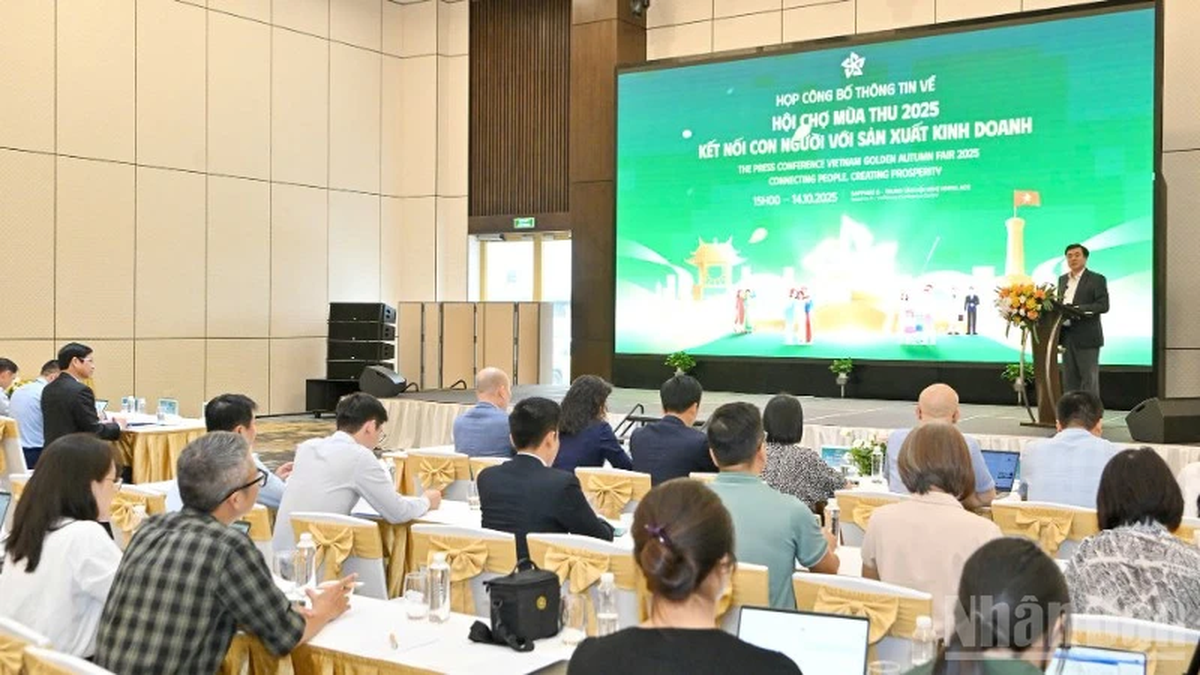



![[Photo] Ready for the 2025 Fall Fair](https://vphoto.vietnam.vn/thumb/1200x675/vietnam/resource/IMAGE/2025/10/14/1760456672454_ndo_br_chi-9796-jpg.webp)
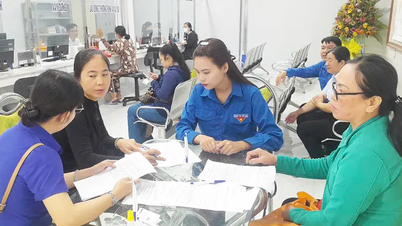



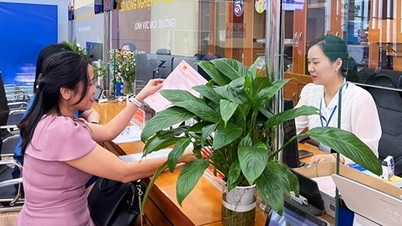

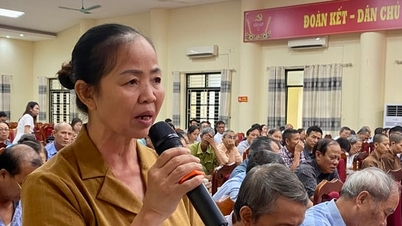



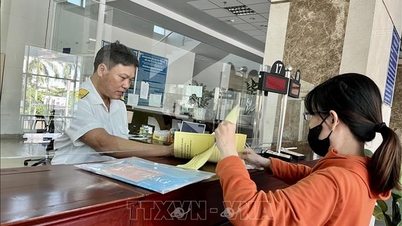

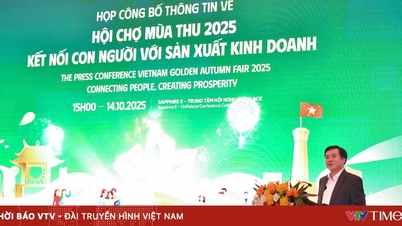


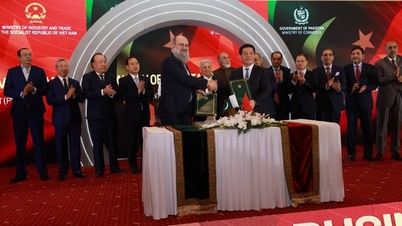


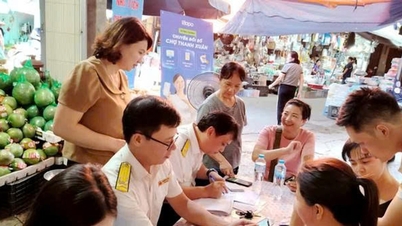





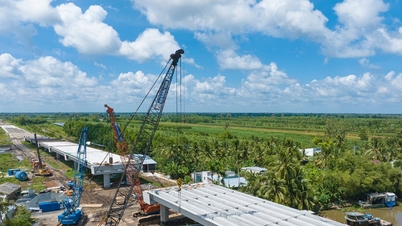
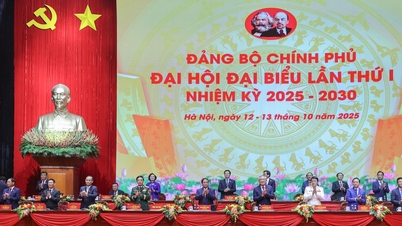
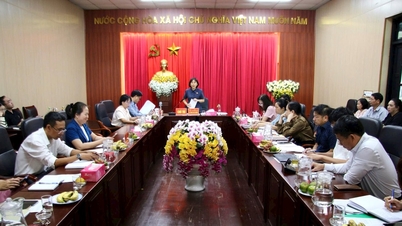

























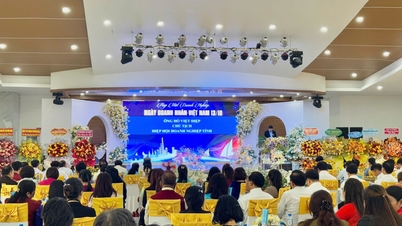
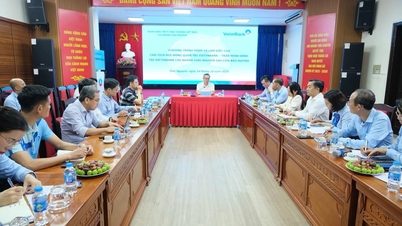















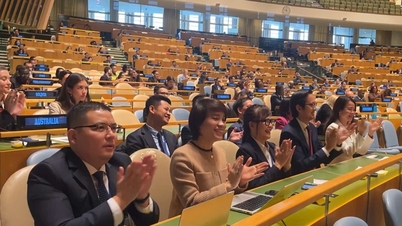



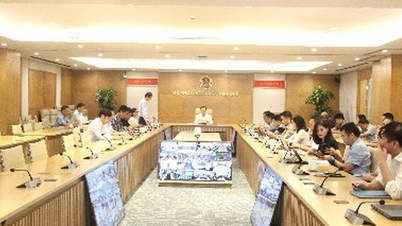




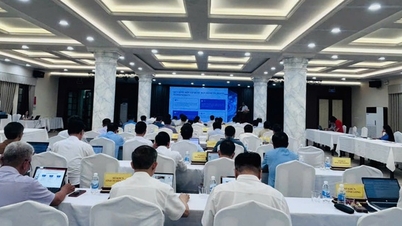





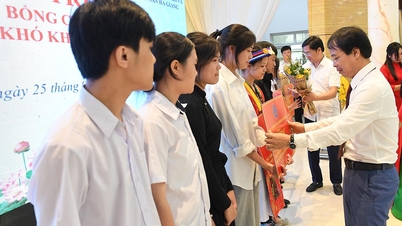


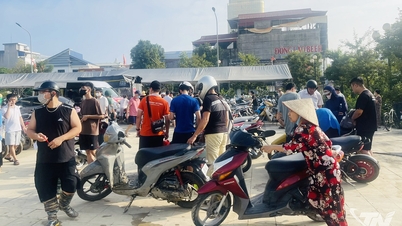

















Comment (0)